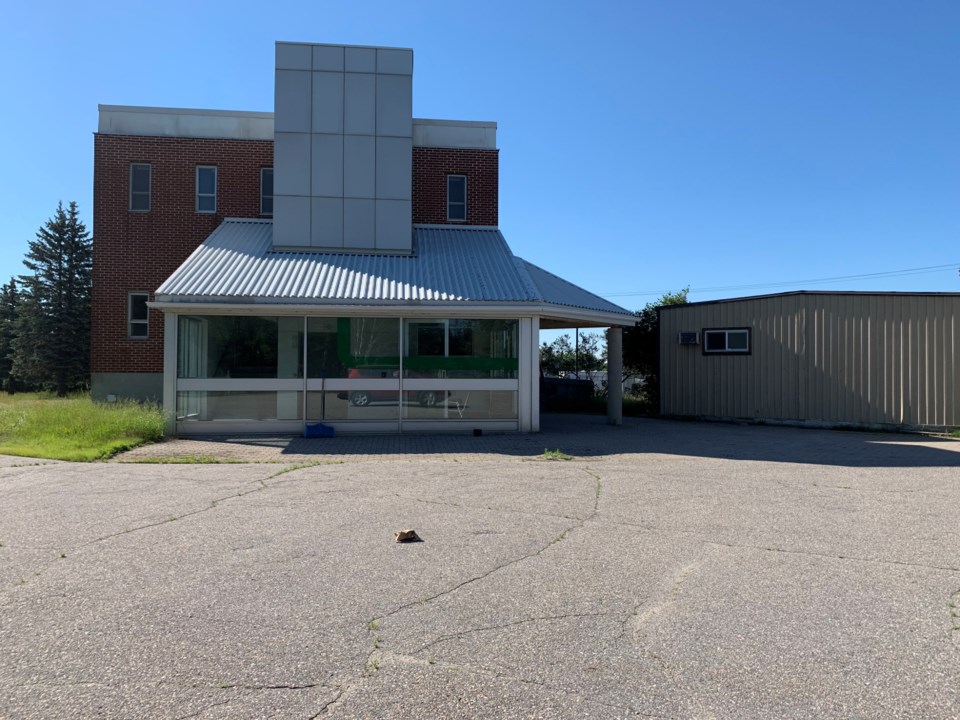The District of Nipissing Social Services Administration Board agreed in a special meeting yesterday to continue the services operated by Nipissing Mental Health and Housing Support Services (NMHHSS), running 12 hours per day, at the future location for the transitional housing program at 590 Chippewa Street.
This plan includes the use of a portable building to accommodate vulnerable individuals during the period of the pandemic.
The low barrier 24-hour emergency homeless shelter was moved from the Gd2Go facility to the YMCA during the early stages of the pandemic. The homeless shelter was moved to Pete Palangio arena back in mid-April. The twin-pad arena was one of many city facilities that were shut down due to the COVID-19 pandemic. The funding for the use of that facility runs out on July 7.
Back in May, it was announced that the old OPP building on Chippewa St. would be converted into 16 units, providing housing for the chronically homeless in North Bay.
Officials say it will take up to three weeks to prepare the Chippewa site.
An alternate site or a short extension of the current site will be needed up to July 31 in order to prepare the new location.
See related: Pete Palangio Homeless Shelter decision delayed another week
See related: Old OPP building to become homeless shelter
The Board also agreed to a budget of up to $100,000 monthly in available one-time operating funding to December 31 to accommodate the need. That means a portion of the Pete Palangio arena will continue to be utilized as a homeless shelter until the Chippewa facility is ready.
“There is no change in the need for an emergency COVID responsive shelter given the continuing pandemic,” says DNSSAB Chair Mark King in a release.
“There also remains a clear need for a permanent low barrier shelter facility to house the homeless,” King adds.
DNSSAB will also continue to advocate strongly for continued provincial and federal financial support for the homeless during this pandemic and will pursue creative solutions for the future.



